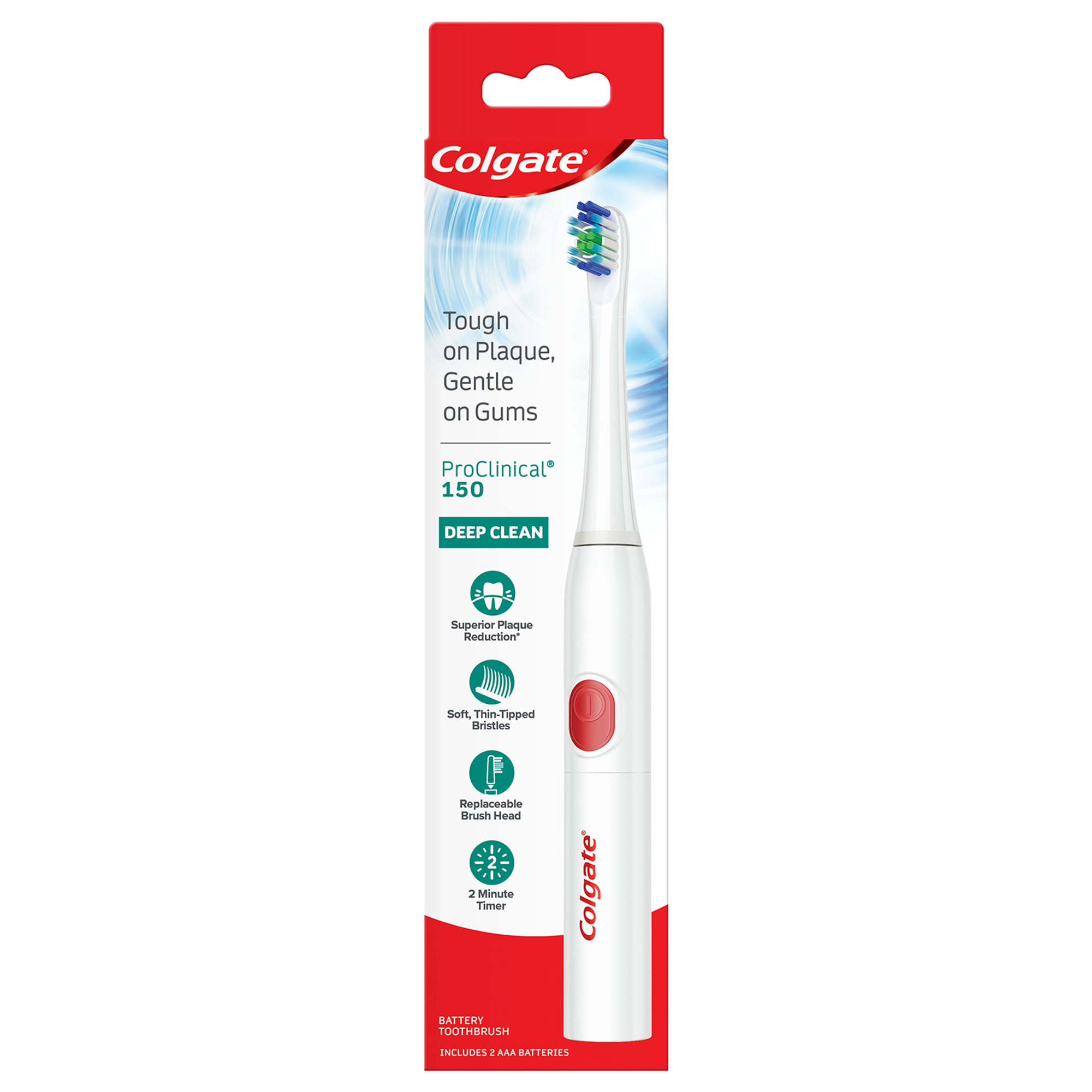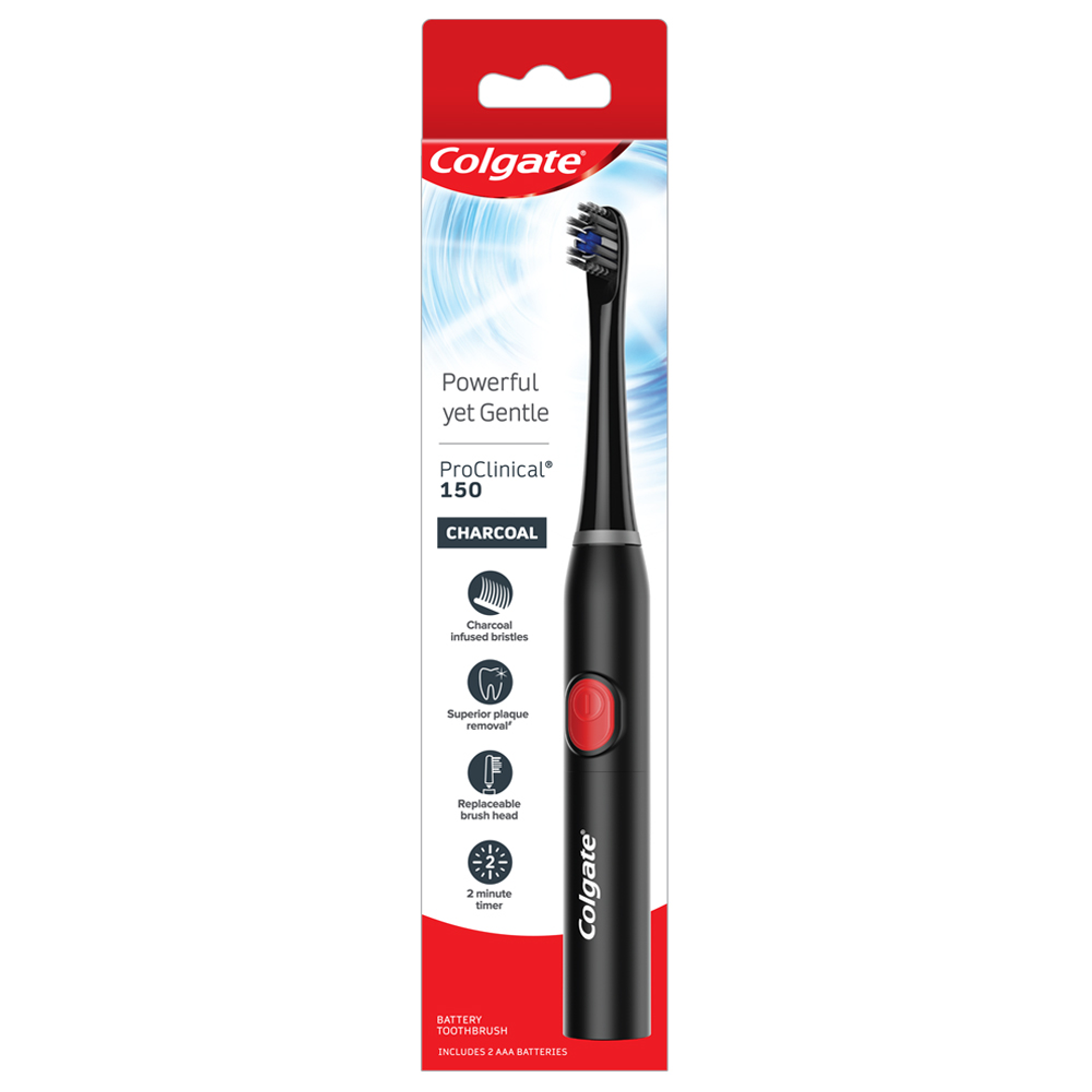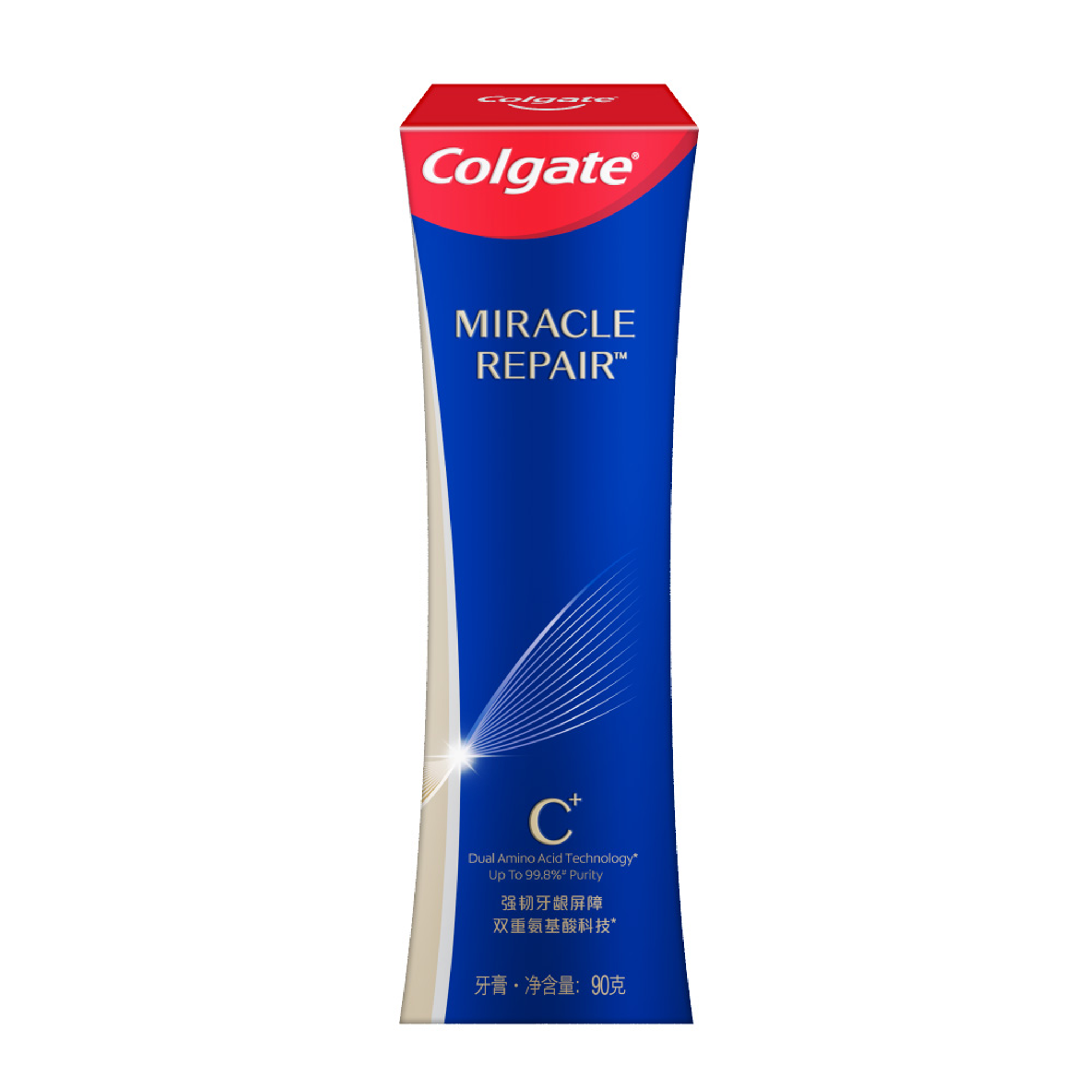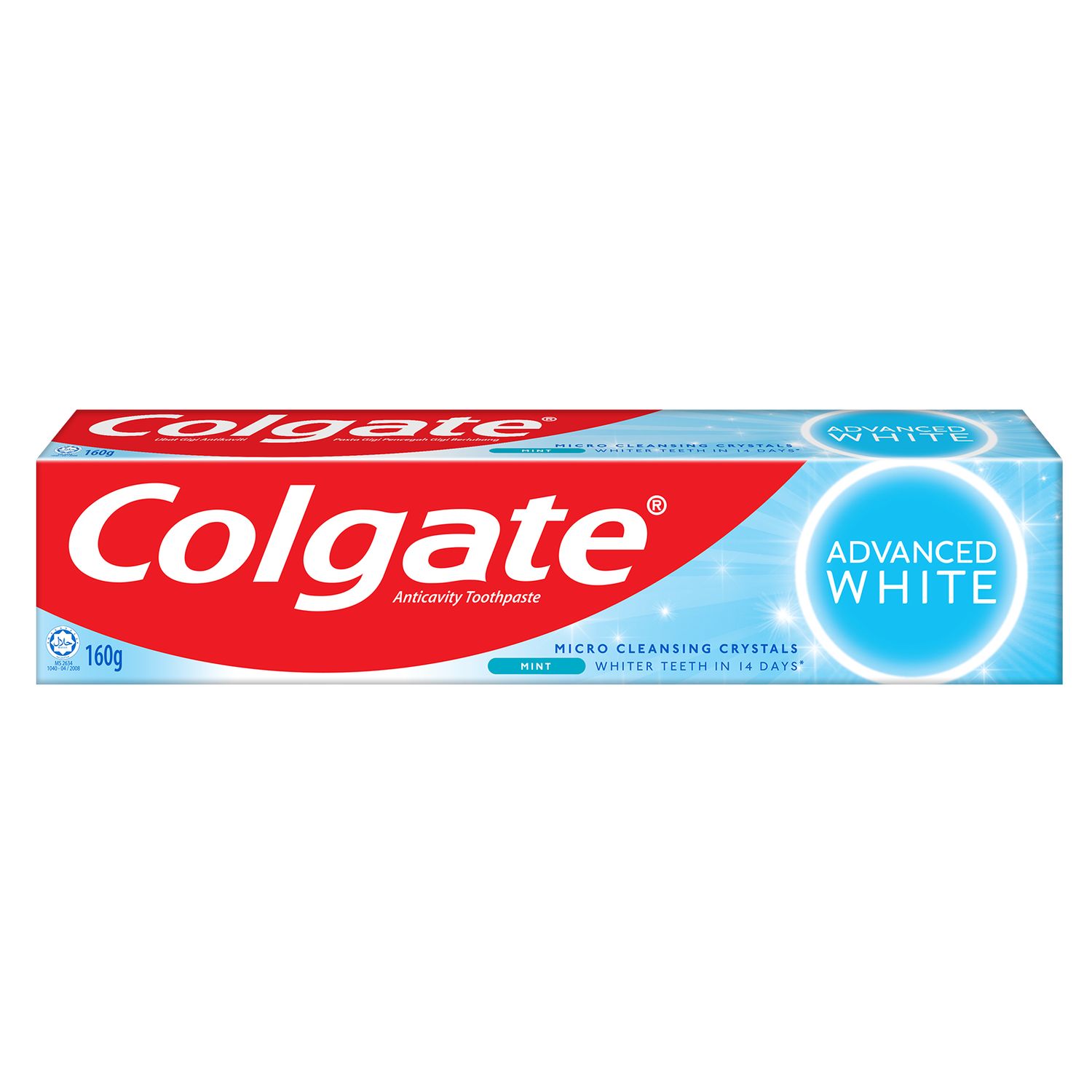-
-

FLUORIDE
Discover how stannous fluoride toothpaste prevents cavities and other oral health issues. Learn the key benefits of fluoride for teeth and its best uses.Fluoride plays a vital role in oral healthcare...

TEETH WHITENING
Teeth Whitening Serum for a Brighter, Confident SmileWho does not want whiter and brighter teeth? Thanks to the many teeth-whitening products available today...
-
Science & Innovation
- ORAL HEALTH ASSESSMENT
- Colgate® | Toothpaste, Toothbrushes & Oral Care Resources
- Oral Health
- Developmental Disabilities
- Special Care in Oral Health


What is Special Care?
It is an approach to oral health management tailored to the individual needs of people with a variety of medical conditions or limitations that require more than routine delivery of oral care. Special care encompasses preventive, diagnostic, and treatment services.
A person with diabetes who is at increased risk of gum disease, a young child who needs dentures because of a genetic disorder, or a person with arthritis who cannot hold a toothbrush require special care. Standard treatment procedures can be adapted to fit most patients’ needs and abilities. While some patients require more specialized care, most can be treated successfully in general dental practices.
Why Do Patients Need Special Care?
Some patients need routine oral health care, but have medical conditions or limitations that require delivery of care beyond the routine. The dental team, for example, may need to learn to transfer a patient with cerebral palsy from the wheelchair to the dental chair, to use some sign language to communicate with deaf patients, or to adapt oral hygiene devices so a patient can use them.
Other patients have medical and oral conditions that call for extraordinary care and require oral health professionals to have specialized knowledge. Surgical treatment of oral cancer or genetic craniofacial defects, such as cleft lip and palate, often require extensive reconstruction that involves many health specialists. Further, disorders such as ectodermal dysplasia and osteogenesis imperfecta directly affect tooth and facial development and demand specialized treatment.
In addition, many systemic diseases and certain medical treatments have oral health implications. Dental professionals may need to develop a treatment strategy for a patient who has received an organ transplant, determine the best anesthetic alternative for a patient who has heart disease, or develop an oral health plan for a patient who must undergo treatment for cancer.
The oral health of special care patients may be neglected because of a demanding disease, a disabling condition, or limited access to oral health care. The coordination of care and an understanding of special care issues in oral health are essential for all members of a patient’s health care team, including medical and dental professionals and caregivers.
How Can I Get More Information?
The National Oral Health Information Clearinghouse (NOHIC) directs both patients and professionals to sources of information and materials on topics relating to special care in oral health. NOHIC maintains a computerized database that provides descriptions and ordering information for publications and educational materials. It also has information on organizations involved with special care. In addition, NOHIC produces and distributes patient and professional education materials.
NOHIC is a service of the National Institute of Dental and Craniofacial Research, one of the National Institutes of Health. For more information, please contact:
National Oral Health Information Clearinghouse
1 NOHIC Way
Bethesda, MD 20892-3500
Voice: (301) 402-7364
TTY: (301) 656-7581
Fax: (301) 907-8830
E mail: nohic@nidcr.nih.gov
Copyright © 2002, 2003 Colgate-Palmolive Company. All rights reserved.
Related Articles


Bad breath may stem from factors you can control. Ammonia breath, however, may be a sign of a serious health condition. Learn more here.

Women are especially prone to this hormones bad breath connection, and it could be cause for a visit to both the doctor and the dentist. Learn more here.
Related Products

Helping dental professionals
More professionals across the world trust Colgate. Find resources, products, and information to give your patients a healthier future








